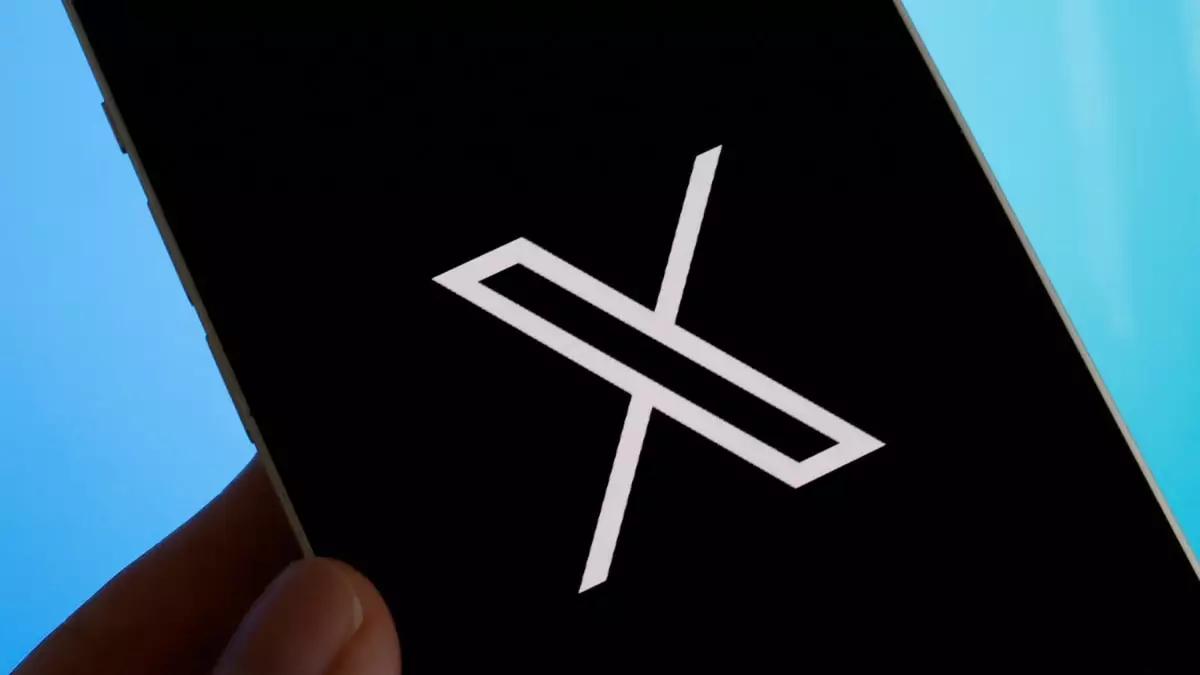In a recent development, the High Court of Karnataka issued an interim order staying a single judge bench’s decision to impose a fine of Rs. 50 lakh on X, formerly known as Twitter, for failing to comply with IT Ministry orders. The division bench, comprising Chief Justice Prasanna B Varale and Justice MGS Kamal, ordered X to deposit 50 percent of the fine amount, or Rs. 25 lakh, within one week to demonstrate its bonafides. This new order effectively halts the implementation of the initial fine until the next hearing date. Let us delve into an analysis of this significant judicial decision.
The petition by X challenging the take-down orders on tweets, URLs, and hashtags was dismissed by the single judge, Justice Krishna S Dixit, who also levied the Rs. 50 lakh fine against the company. The division bench, in its interim order, highlighted that the deposition of Rs. 25 lakh should not be regarded as an acceptance of equity in favor of X. Notably, the single judge had found that the company had failed to comply with the orders of the Ministry of Electronics and Information Technology (MeiTY) for over a year before approaching the High Court.
The locus standi of X, or Twitter, to challenge the blocking of tweets and handles of its users was upheld by the single judge bench, a decision that was affirmed by the division bench. Analogizing X to a shop selling various products, the High Court observed that holding the shopkeeper liable for substandard products on sale was similar to the case at hand. This comparison speaks to the responsibility of social media platforms like Twitter to monitor and ensure the quality of content available on their platforms.
The Central Government Counsel, Kumar M N, representing MeiTY, argued that the case itself was not maintainable. However, the division bench aptly pointed out that the single judge bench had already acknowledged X’s standing to file the petition challenging the blocking of tweets and handles. While it is essential for the government to assert its authority in matters of online regulation, critics may argue that stifling dissenting voices and limiting the freedom of expression is not the answer.
The Implications
This recent decision made by the High Court of Karnataka has implications not only for X as a company but for the broader landscape of social media regulation. With MeiTY issuing several orders under Section 69A of the Information Technology Act to block accounts, tweets, URLs, and hashtags, it is clear that there are concerns about the dissemination of certain content on social media platforms. Balancing these concerns with the need to protect free speech and ensure due process remains a challenge in the digital age.
The division bench adjourned the hearing of the X’s appeal for two weeks, granting temporary relief through the interim order. This delay in the proceedings provides an opportunity for both parties to present their arguments comprehensively. As the case unfolds, it will be interesting to see how the court weighs the competing interests of the government, social media platforms, and individual freedoms.
The High Court’s decision to stay the single judge bench’s order imposing a fine on X brings nuanced perspectives to the forefront. While the government seeks to regulate online content and curb misinformation, it is crucial to strike a delicate balance that protects individual liberties. The ongoing legal battle between X and the Indian government serves as a critical case study in navigating the complexities of social media regulation. As the appeal progresses, it is essential to closely monitor the court’s decisions and the potential ramifications for the digital landscape as a whole.


Leave a Reply